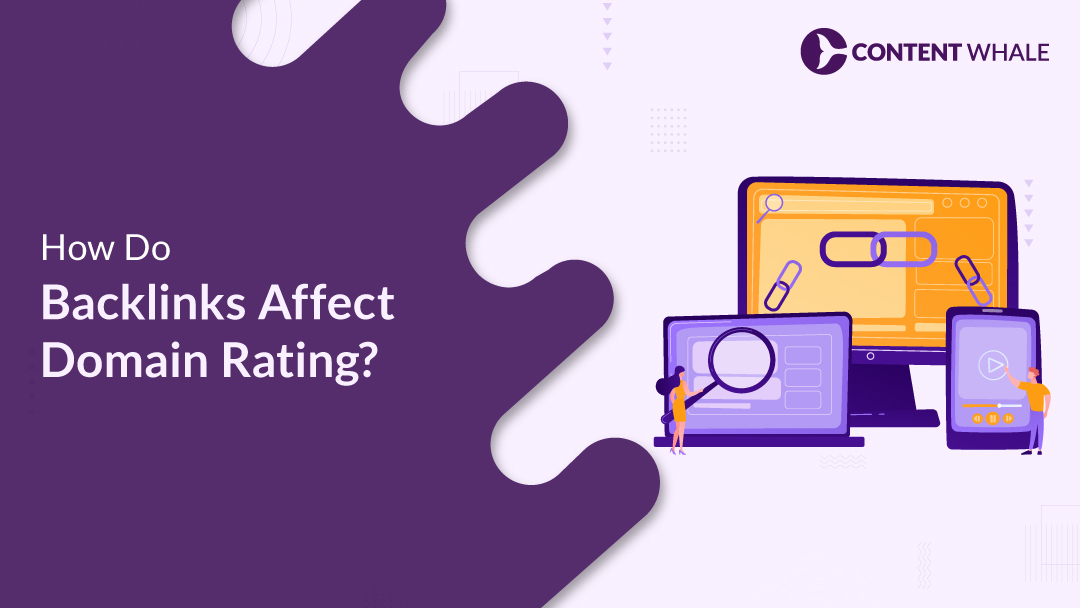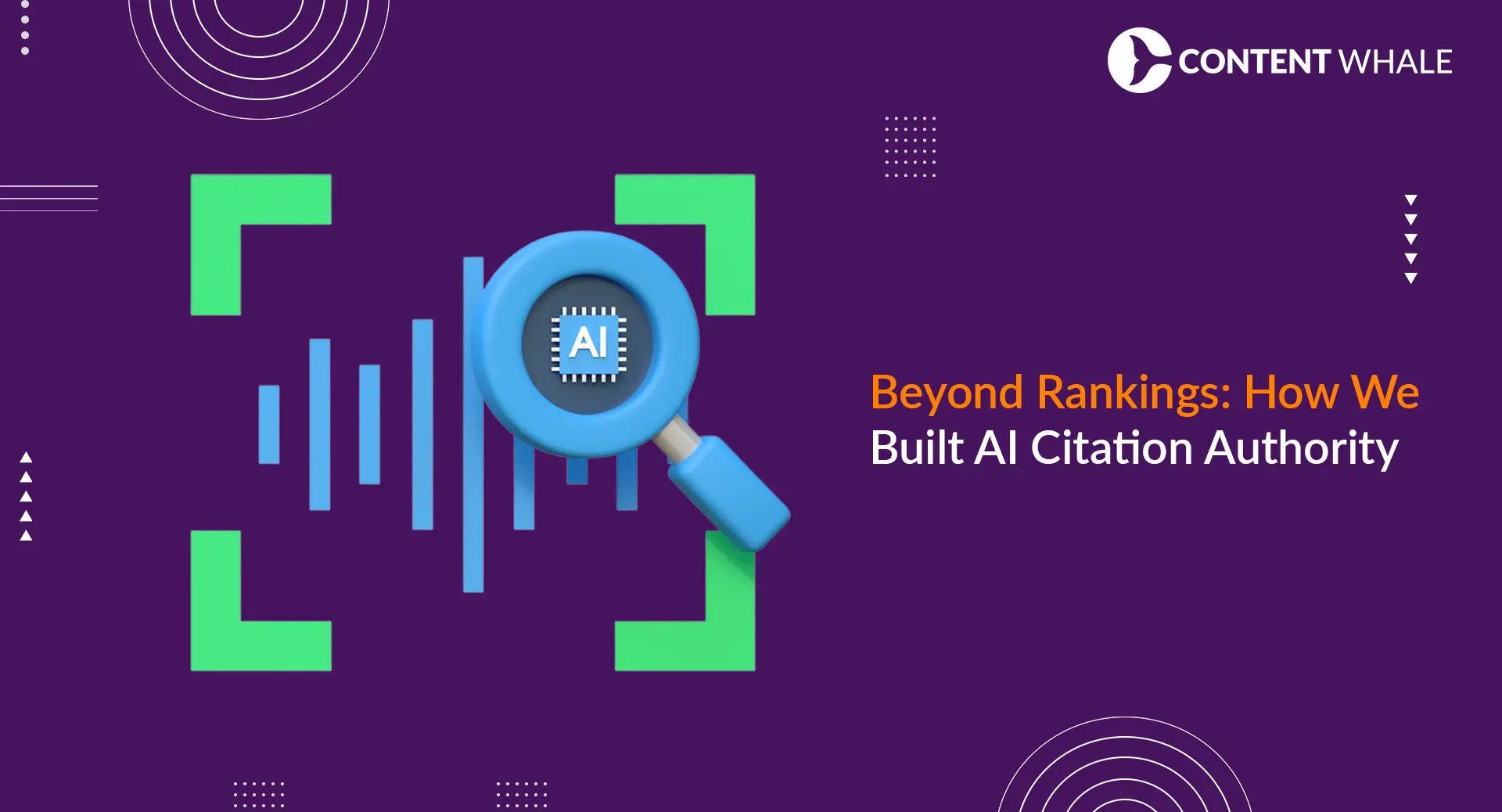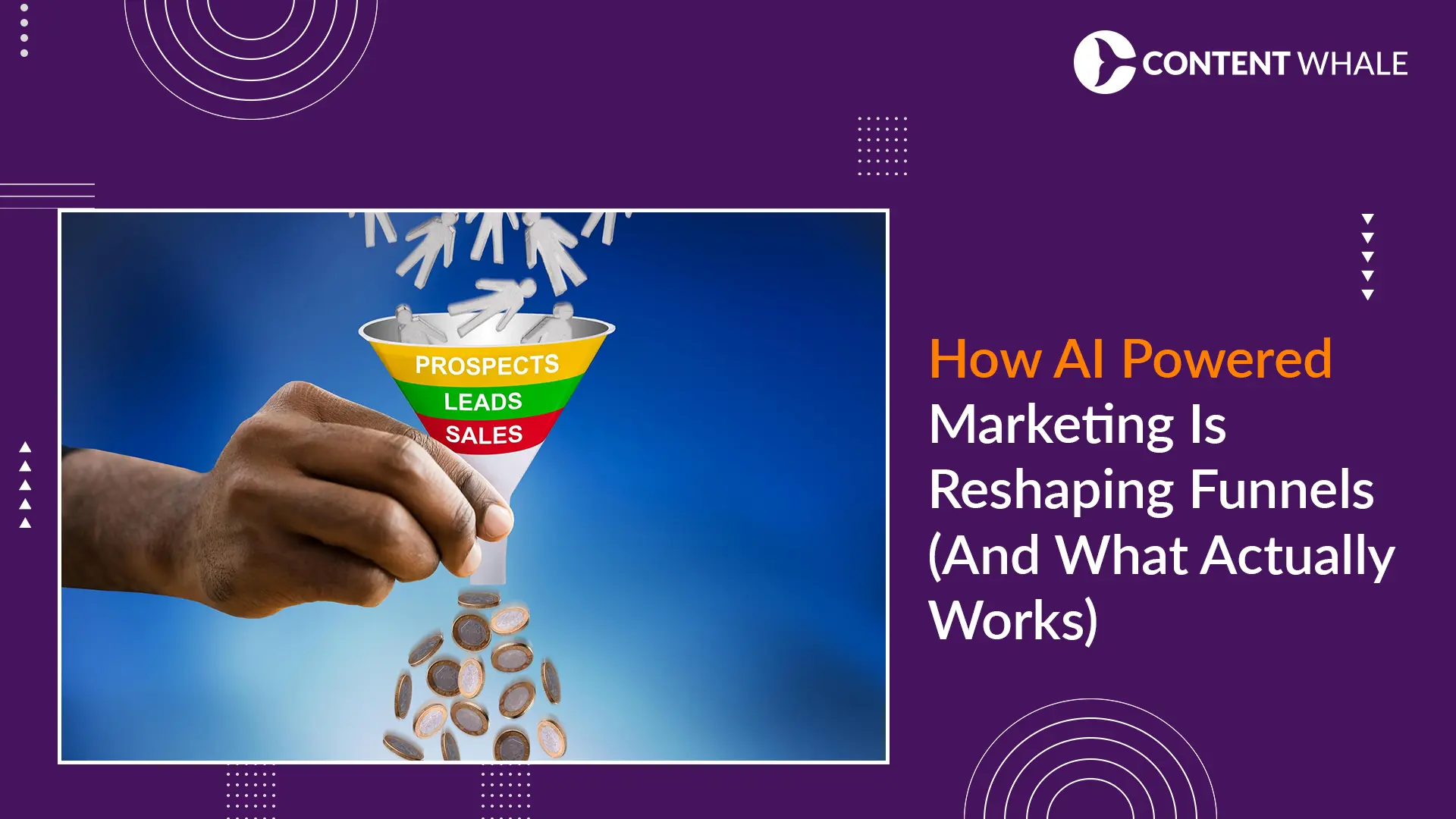Domain Rating (DR) is a key metric in SEO that reflects the authority of a website, influencing its ranking potential on search engines.
A significant factor in determining DR is backlinks—these are external links from other websites that point to your site, acting as votes of confidence.
Understanding how do backlinks affect Domain Rating is essential for anyone looking to improve their site’s SEO metrics.
This blog aims to clarify the backlink impact on DR and offer insights into effective link-building strategies to enhance your site’s authority and visibility.
1. What is Domain Rating?
Domain Rating (DR) is a metric developed by Ahrefs to evaluate the overall strength of a website’s backlink profile on a scale from 0 to 100. Unlike other SEO metrics, DR focuses specifically on the link authority of the domain, which is determined by both the quantity and quality of SEO backlinks. The higher the backlink quality, the better the DR score.
a) How is Domain Rating Calculated?
Ahrefs calculates Domain Rating based on several factors:
- Number of Referring Domains: The more unique domains that link back to your website, the higher your potential DR.
- Quality of Referring Domains: Links from high-authority websites significantly boost DR. These are often from sites with high Ahrefs Domain Rating themselves.
- DoFollow Links: Only “dofollow” links contribute to your DR. “Nofollow” links, while useful for traffic, don’t affect this score.
b) Why is Domain Rating Important?
- Domain Rating acts as a proxy for a site’s overall authority and helps in comparing it with competitors.
- While DR itself isn’t a direct ranking factor for Google, it strongly correlates with a website’s ability to rank higher due to the strength of its backlink profile.
- Understanding how do backlinks affect Domain Rating is crucial for building effective link-building strategies that can significantly impact your site’s visibility in search results.
2. How Backlinks Influence Domain Rating

Backlinks significantly influence your Domain Rating by enhancing your site’s perceived authority and trustworthiness. But how do backlinks affect Domain Rating in practice?
a) Quality Over Quantity
- The quality of your SEO backlinks matters more than the sheer number. A single link from a high-authority domain, such as a government or educational site, can have a greater positive backlink impact on your DR than dozens of links from low-quality or irrelevant sites.
- These high-quality backlinks serve as strong endorsements, signaling to search engines that your content is credible and valuable.
b) Relevance Matters
- The relevance of the linking domain plays a critical role. Backlinks from websites related to your niche boost your link authority more effectively.
- For instance, a technology blog linking to your article on software development will impact your Ahrefs Domain Rating more positively than a link from a cooking website.
c) The Cumulative Effect
- Consistently acquiring high-quality backlinks over time leads to a steady increase in your Domain Rating.
- This process, known as link-building strategies, involves creating valuable content that naturally attracts links from authoritative sources.
- As your backlink profile grows stronger, your DR will improve, making your site more competitive in search engine rankings.
d) Link Placement and Follow Status
- The placement of backlinks on a page also affects their value. Links embedded within the main content are more impactful than those in footers or sidebars.
- Additionally, “dofollow” links directly contribute to your DR, while “nofollow” links, though useful for traffic, do not.
3. Best Practices for Building Backlinks to Boost Domain Rating
Building a strong backlink profile is essential to enhancing your Domain Rating and improving your site’s visibility. Here’s how you can effectively achieve this:
a) Target High-Authority Domains
- Why It Matters: Backlinks from high-authority sites carry more weight, significantly impacting your Domain Rating.
- Actionable Tip: Focus on securing links from reputable websites in your industry, such as well-known blogs, news outlets, or educational institutions.
b) Ensure Relevance
- Why It Matters: Relevance plays a key role in the effectiveness of a backlink. Links from related niches contribute more positively to your SEO metrics.
- Actionable Tip: Aim for backlinks from websites that share a similar audience or topic focus to your own. For instance, if you run a tech blog, seek links from other tech-related sites.
c) Leverage Content Marketing
- Why It Matters: High-quality, shareable content naturally attracts backlinks, boosting your site’s link authority.
- Actionable Tip: Create unique, valuable content such as in-depth guides, research papers, or infographics that industry leaders will want to link to.
d) Engage in Guest Blogging
- Why It Matters: Guest blogging allows you to build backlinks while reaching new audiences.
- Actionable Tip: Write for reputable blogs within your industry, ensuring that your content is highly relevant to their readers and includes a backlink to your site.
e) Regularly Audit Your Backlink Profile
- Why It Matters: Toxic backlinks from spammy sites can harm your Domain Rating.
- Actionable Tip: Use tools like Ahrefs to monitor your backlink profile and disavow any low-quality or harmful links.
| Tool Name | Purpose | Key Features |
| Ahrefs | Backlink Analysis | Tracks backlinks, Domain Rating, and SEO metrics. Identifies new link opportunities. |
| Moz Link Explorer | Link Building | Analyzes link profiles, compares with competitors, and tracks Domain Authority. |
| SEMrush | Backlink Audit & Strategy | Conducts backlink audits, tracks SEO backlinks, and identifies toxic links. |
| BuzzSumo | Content Marketing & Outreach | Identifies trending content and potential link-building opportunities. |
| Majestic SEO | Backlink Analysis | Provides detailed backlink data, including link authority and topical trust flow. |
| Pitchbox | Outreach Automation | Streamlines outreach for guest posting and link-building campaigns. |
| Hunter.io | Email Outreach | Helps find email addresses for link-building outreach. |
4. Common Mistakes to Avoid in Backlink Building

Avoiding common mistakes in backlink building is essential to maintain a healthy Domain Rating and avoid penalties. Here are some pitfalls to watch out for:
a) Buying Links
- Why It’s Risky: Purchasing backlinks might seem like a quick win, but it violates search engine guidelines. These links often come from low-quality or spammy sites, which can harm your Domain Rating and result in penalties.
- Better Approach: Focus on organic link-building strategies that attract high-quality backlinks naturally.
b) Over-Optimized Anchor Text
- Why It’s Risky: Using overly optimized anchor text for your SEO backlinks can make your link profile appear unnatural. This practice can lead to penalties and a drop in rankings.
- Better Approach: Use a mix of branded, generic, and long-tail anchor texts to keep your link profile diverse and natural.
c) Ignoring Link Relevance
- Why It’s Risky: Backlinks from irrelevant sites may offer little to no benefit and can dilute the effectiveness of your backlink profile.
- Better Approach: Ensure that your backlinks come from sites that are relevant to your niche to maximize their backlink impact on your Ahrefs Domain Rating.
| Common Mistake | Description | How to Avoid |
| Buying Links | Purchasing backlinks from low-quality sites can lead to penalties and a drop in Domain Rating. | Focus on organic link-building strategies like guest blogging and content marketing to attract quality backlinks. |
| Over-Optimized Anchor Text | Using keyword-stuffed anchor text can make your link profile appear unnatural and trigger penalties. | Use a variety of anchor texts, including branded, generic, and long-tail keywords, to maintain a natural profile. |
| Ignoring Link Relevance | Backlinks from irrelevant sites offer little SEO value and can dilute your backlink profile. | Ensure that your backlinks come from websites related to your niche or industry for maximum impact. |
| Engaging with Link Farms | Participating in link farms or other schemes can lead to severe penalties and a significant drop in rankings. | Avoid link schemes; instead, focus on earning links from reputable and authoritative websites. |
| Neglecting NoFollow Links | Overlooking the value of “nofollow” links can limit opportunities for organic traffic, despite these links not passing authority. | While prioritizing “dofollow” links, still pursue relevant “nofollow” links from high-traffic and authoritative sites. |
| Not Auditing Backlinks Regularly | Failing to regularly audit your backlinks can result in a buildup of toxic links that harm your Domain Rating. | Use tools like Ahrefs or SEMrush to regularly audit your backlink profile and disavow harmful links. |
Conclusion

Backlinks play an essential role in shaping your Domain Rating, serving as a critical factor in determining your website’s authority and search engine ranking potential. Understanding how do backlinks affect Domain Rating empowers you to create effective link-building strategies that prioritize quality and relevance.
By focusing on acquiring high-quality, relevant SEO backlinks, and avoiding common pitfalls like buying links or over-optimizing anchor texts, you can steadily improve your Ahrefs Domain Rating and overall SEO metrics. For long-term success, invest in sustainable, organic link-building practices that align with your website’s goals and target audience.
If you’re looking to boost your Domain Rating, Content Whale’s expert content creation and link-building strategies can help you achieve your goals and stand out in competitive markets.
FAQs
1. How do backlinks directly influence Domain Rating?
Backlinks influence Domain Rating by signaling to search engines that your site is trustworthy and authoritative. High-quality backlinks from reputable sites have a stronger backlink impact on your Ahrefs Domain Rating, enhancing your site’s visibility.
2. What makes a backlink high-quality for boosting DR?
Link quality is determined by the authority and relevance of the linking domain. A high-quality backlink comes from a site with strong link authority and is related to your website’s niche, making it more valuable for improving your Domain Rating.
3. Can low-quality backlinks harm my Domain Rating?
Yes, backlinks from spammy or irrelevant sites can harm your Domain Rating. They dilute your SEO metrics and may result in penalties, which is why regular backlink audits are essential.
4. How often should I monitor my Domain Rating and backlinks?
Regular monitoring, ideally monthly, allows you to track the backlink impact on your Domain Rating and address any harmful links promptly.
5. What are the best tools for tracking Domain Rating changes?
Tools like Ahrefs, Moz, and SEMrush are excellent for tracking Domain Rating and analyzing your backlink profile, helping you refine your link-building strategies.





